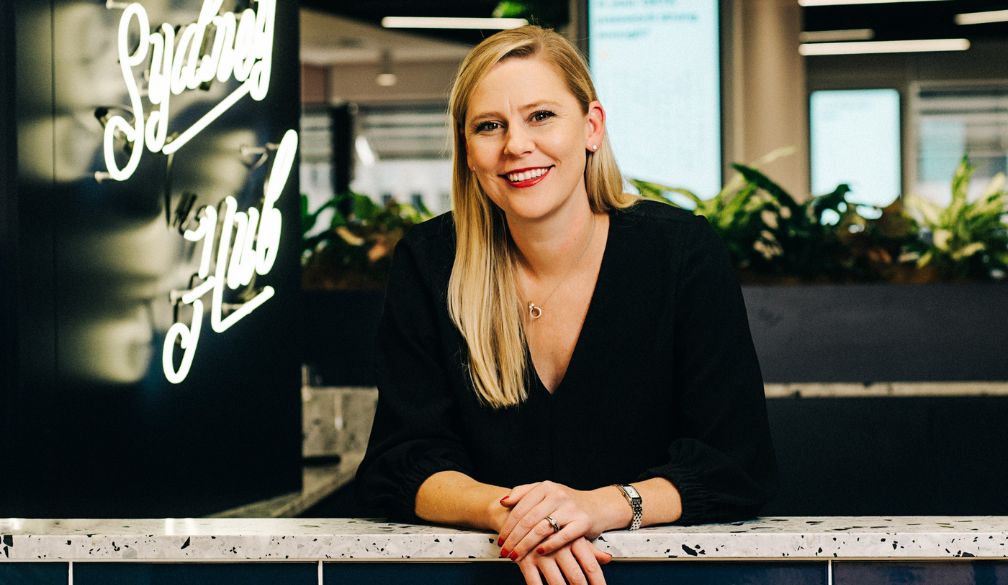Australian Workplace Engagement Declines Amidst Shifting Employee Priorities
- Written by Modern Australian

Global leader in employee engagement and HR technology, Reward Gateway, has today released its second annual Workplace Engagement Index. The report indicates a decline in employee engagement and productivity, alongside a growing emphasis on wellbeing, rewards, and recognition in the Australian workforce.
Based on a survey of 500 HR managers and 1,008 employees, the Index highlights that despite the continuing financial strain many Australians are facing today, employees are prioritising much more than pay in 2025 - the ‘Year of the Self’.
Employees are prioritising what directly enhances their personal work experience - factors such as fair pay and benefits, a manageable workload that supports work-life balance, and a culture of empathy and recognition. While financial security remains crucial, it is no longer enough on its own; employees want workplaces that actively support their overall wellbeing and personal fulfillment.
A balancing act between productivity and pressure
As Australia’s GDP remains sluggish, employers have been put in a position of needing to do more with less. However, this mounting pressure to perform is taking a toll on employees with a third now reporting feeling frequently burnt out (34%) or overwhelmed (34%) which in turn has seen productivity start to slide. Now, less than half (47%) of all employees report feeling frequently productive, down from 68% in 2024.
This pressure is disproportionately felt by women who are more likely to feel stressed (51% vs. 37% of men), burnt out (41% vs. 29%), and overwhelmed (43% vs. 27%). Age can also be a factor when it comes to feeling under the pump with younger employees - specifically Gen Z (44%) and Early Millennials (36%) - reporting feeling higher burnout levels than their older counterparts as they set up careers in an employer's market.
And as pressure climbs, engagement retreats, leading 58% of the workforce to consider leaving their current job in the last six months. This sends a clear signal to businesses that wellbeing initiatives will be a core driver of long-term employee retention this year.
Wellbeing, reward, and recognition take centre stage
HR leaders are proactively addressing this shift by prioritising wellbeing. Nearly three-quarters (73%) of this cohort believe employee mental wellbeing should be a top priority for businesses in 2025, followed by reward and recognition from managers (60%) and financial wellbeing (59%).
Employees are on the same page, ranking reward and recognition as the top driver of workplace productivity (43%). This even surpasses competitive compensation (38%), confirming the unbuyable importance of making employees feel valued and appreciated.
“Australian workplaces are facing the dual tension of increasing productivity while addressing rapidly evolving employee expectations,” says Kylie Green, Managing Director, APAC at Reward Gateway. “As the labor market evolves, employees are increasingly focused on factors beyond just compensation. It’s vital for businesses to prioritise employee wellbeing and create environments that foster collaboration and connection to give employees a sense of focus that aligns to organisation purposes” adds Green. “Intentional interactions and meaningful recognition can significantly impact team happiness and productivity.”
Empowering current and future managers
With recognition as the top driver of employee productivity in 2025, managers must acknowledge their pivotal role in providing that recognition. While peer-to-peer recognition is valuable, managers wield the most direct influence. The question then is, are HR leaders adequately supporting their managers?
While three quarters of Australian managers feel fulfilled and supported (74%), only 67% believe they received sufficient training when stepping into leadership. Gen X (71%) and Late Millennials (65%) feel the least supported. These are concerning figures as these generations typically form the backbone of middle management.
“The role of middle managers has evolved dramatically over the past few years and the current pressures are significant. With new generations entering the workforce, the expectations on our leaders to dial up their 'soft skills; to manage the complex demands of their teams whilst carrying out the operational requirements of their role are creating tension. Developing the capabilities of middle management is a firm focus in today’s evolving environment,” continues Green.
“Leading organisations acknowledge the importance of their management bench in bringing value to their teams, driving the strategic objectives of the business, being ultimately the biggest influence on both engagement and productivity levels,” concludes Green.
To learn more about the trends Australian employees and HR leaders are facing in 2025, read Reward Gateway’s new Workplace Engagement Index.
























